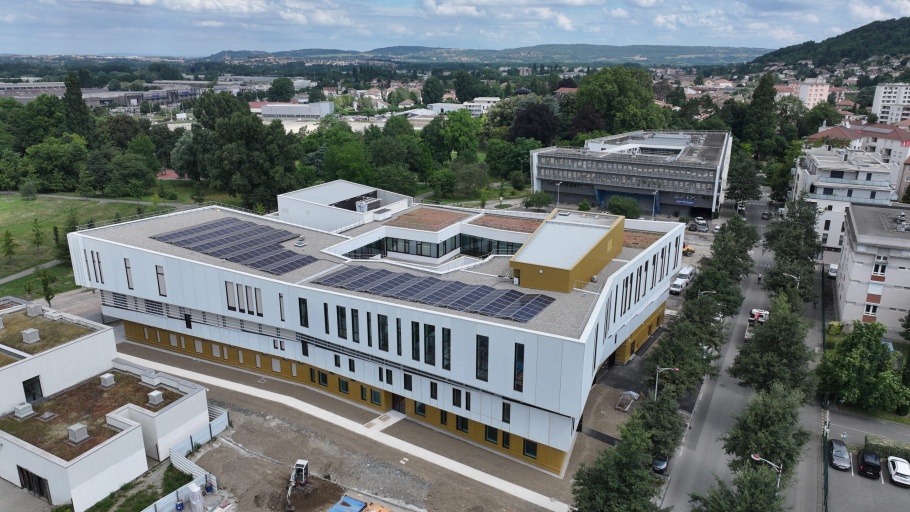- Home
- OFweek News
- European Solar Manufacturing at a Crossroads: Photowatt Closes After 46 Years of Innovation
European Solar Manufacturing at a Crossroads: Photowatt Closes After 46 Years of Innovation
Published: February 13, 2025 14:52
Photowatt, one of the world's oldest photovoltaic (PV) manufacturers and a French solar pioneer, has announced its closure, sending ripples through the global solar industry. Parent company EDF Renewables cited persistent annual losses of €20-30 million and the inability to find a sustainable solution as key factors in shuttering the French facility, marking the end of a 46-year legacy in solar manufacturing.
Historical Significance and Market Leadership
Founded in 1979 as a Philips subsidiary focusing on satellite solar cell research, Photowatt transitioned to industrial production in 1984, establishing itself among the world's first PV module manufacturers. By 2000, leveraging its expertise in mono and polycrystalline technology, the company had secured a position among the global top three solar manufacturers, particularly distinguished by its contributions to heterojunction cell technology.
The company's decline began during the 2009 global solar market turbulence, leading to a three-week production halt at its Bourgoin-Jallieu facility. By 2012, unable to compete with Chinese manufacturers' pricing, Photowatt underwent bankruptcy restructuring and was acquired by EDF Renewables for a symbolic €1. Despite EDF's attempts to pivot the business toward wafer production, the company struggled to achieve profitability.
Market Dynamics and Competitive Pressures
At its peak, Photowatt's production capacity reached 200MW, though its manufacturing costs consistently exceeded those of Asian competitors. By 2020, Europe's total wafer capacity stood at just 1.25GW, with Photowatt as a significant contributor, yet facing intensifying pressure from Chinese manufacturers. Despite the EU's ambitions for 30GW of domestic solar manufacturing capacity by 2025, European firms continued to lag in technology and cost competitiveness.
A potential lifeline emerged in September 2024 when French startup CARBON proposed a €40 million acquisition, planning to convert the facility into a 500MW module production line. However, the deal collapsed in November 2024 due to employee committee opposition and financing concerns.
Root Causes of Closure
The closure can be attributed to three primary factors:
1. Global Competition and Cost Pressures: Chinese manufacturers, benefiting from economies of scale and government support, now control 97% of the global market share, leaving Photowatt unable to compete on price.
2. Failed Acquisition Attempts: The collapse of CARBON's acquisition bid, partly due to employee concerns over the startup's financial stability, left EDF with no viable alternatives.
3. Policy and Transition Challenges: Despite EU initiatives to support domestic manufacturing, slow policy implementation and unsuccessful technological transitions exacerbated Photowatt's financial struggles. EDF's preference for lower-priced Chinese modules further undermined internal demand.
Industry Implications
Photowatt's closure represents another setback for European solar manufacturing, with the EU now importing approximately 97% of its PV modules. Remaining European manufacturers, including Norway's Norsun, face similar survival challenges. This development raises crucial questions about balancing market openness with industrial policy in the EU's energy transition strategy. As the region pursues ambitious climate goals while navigating industrial competition, the fate of Photowatt serves as a cautionary tale for European renewable energy manufacturing.

source: Photowatt
